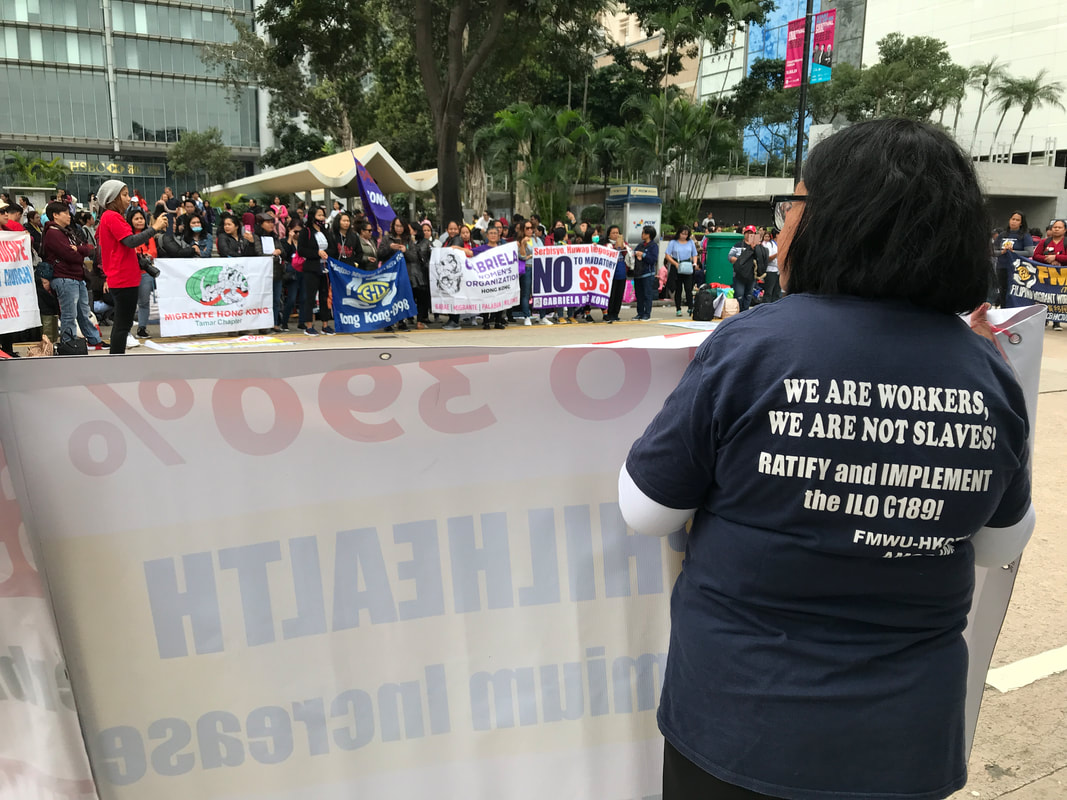|
Megha Amrith, Max Planck Institute for the Study of Religious and Ethnic Diversity, Germany
Migrant domestic workers in Singapore have always faced multiple restrictions on their mobilities and rights: their stays are governed by the most restrictive of work permits which require them to live in employers’ homes. They have one day off per week (or in some cases, fortnight or month), and many suffer ongoing forms of exploitation and abuse behind the closed doors of their employers’ homes as labour legislation does not apply to domestic workers. Those who have been working abroad for a long time have found their own ways to negotiate the restrictions on their mobilities to find spaces of freedom, faith, friendship and belonging. These routines, however, have been overturned by the pandemic and trust that has been built over long periods of time has revealed itself to be deeply fragile as new anxieties, coupled with intensifications of existing anxieties, come to the fore.
0 Comments
|
Identities COVID-19 Blog SeriesExplore expert commentaries curated by Identities surrounding COVID-19 and displaced migration, nationhood and citizenship, and more. Blog Categories
All
|
Explore Identities at tandfonline.com/GIDE |
|
The views and opinions expressed on The Identities Blog are solely those of the original blog post authors, and not of the journal, Taylor & Francis Group or the University of Glasgow.

